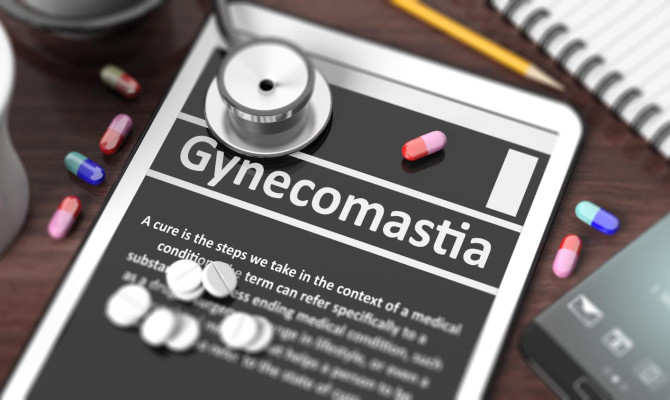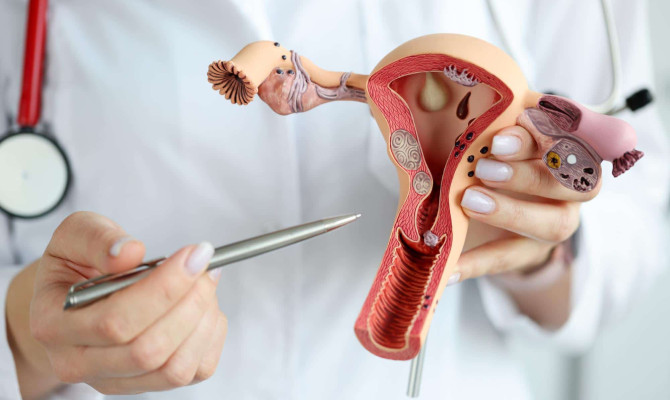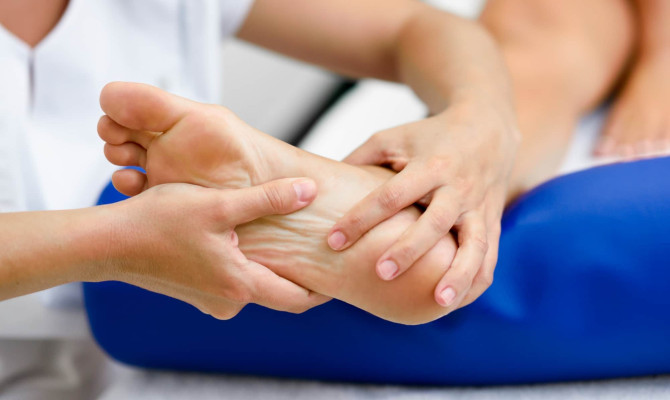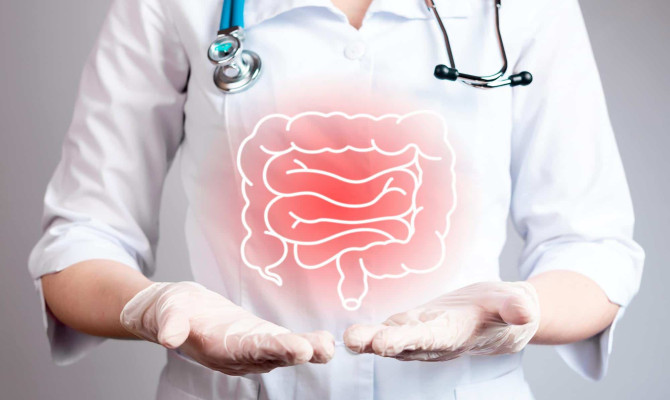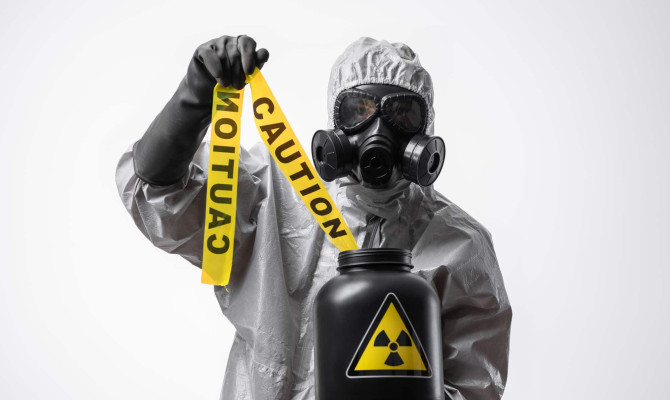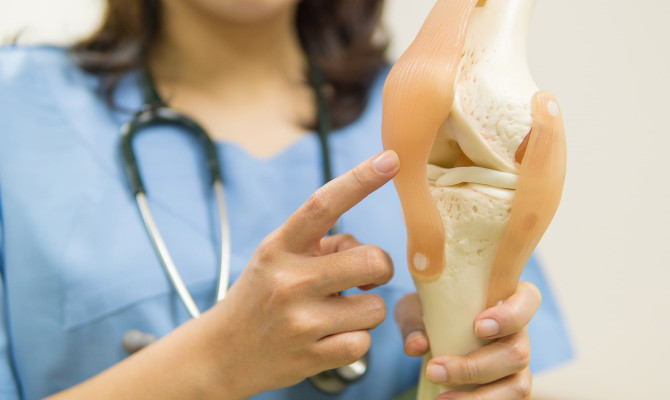Chronic Kidney Disease : Causes, Symptoms, and Management

- Chronic Kidney Disease
- 14 Aug 2023
Overview
Chronic Kidney Disease
The kidneys eventually lose the ability to filter waste and extra fluid from the circulation due to the stable and progressive condition known as chronic kidney disease. Kidney damage typically takes months or years to develop, and it can result in several consequences.
Millions of individuals worldwide suffer from CKD, which is frequently linked to other illnesses like diabetes and high blood pressure. 1Overview | Researched based study from Cdc.gov
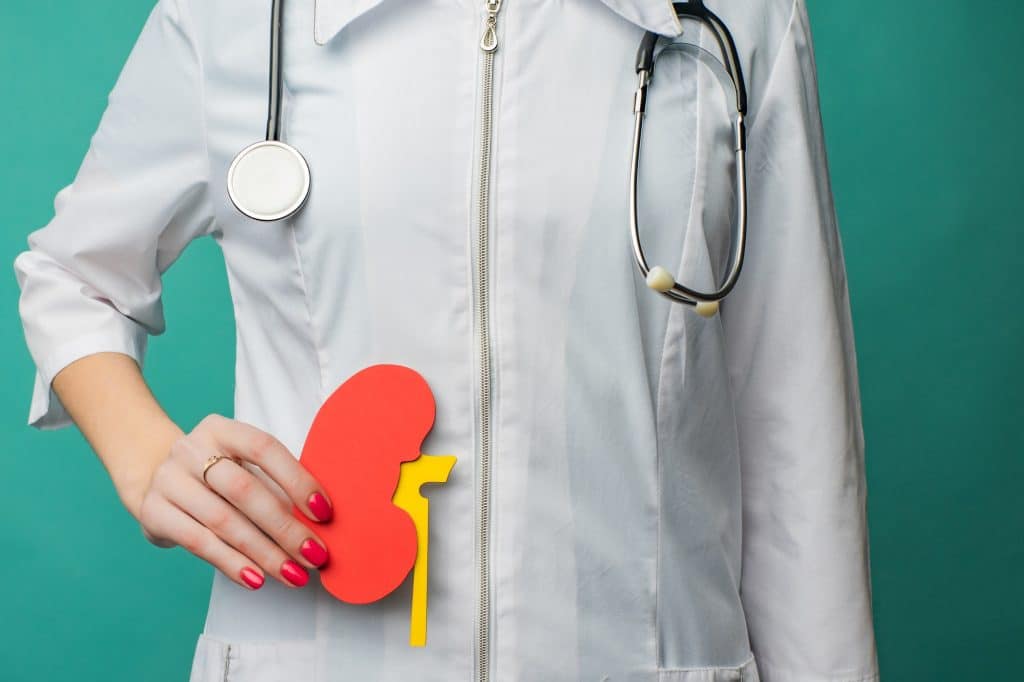
Causes
What are the causes?
Diabetes
- Over time, excessive blood sugar levels can harm the kidneys’ tiny blood capillaries, resulting in damage and CKD.
High blood pressure.
- The kidneys’ blood arteries can be harmed, and uncontrolled high blood pressure reduces their capacity to operate correctly. 2Causes | Researched based study from Niddk.nih.gov
Glomerulonephritis
- The glomeruli, microscopic kidney structures that filter waste from the blood, become inflamed and destroyed in this illness.
Kidney polycystic disease
- This genetic condition causes the kidneys to develop many cysts, which eventually cause kidney damage.2Causes | Researched based study from Niddk.nih.gov
Obstructed urinary tracts
- When the urinary system is blocked, urine cannot flow quickly, which increases pressure inside the kidneys and damages them.
Autoimmune disorders
- Lupus and other autoimmune illnesses can induce renal inflammation, which can harm the kidneys over time.
Certain medicines
- Non-steroidal anti-inflammatory drugs (NSAIDs) and some antibiotics can harm the kidneys over time and cause CKD.2Causes | Researched based study from Niddk.nih.gov
Symptoms
What are the symptoms?
Fatigue
- Having constant fatigue or weakness, despite enough rest.
Swelling
- Due to the buildup of fluid, swelling can occur in the legs, ankles, and feet, and occasionally in the face and hands.1Symptoms | Researched based study from Cdc.gov
Changes in urination
- Urination that is more or less often than usual, frothy or bubbly, or that is darker than usual.1Symptoms | Researched based study from Cdc.gov
Blood in the urine
- This causes color of the urine turn pink, red, or brown.1Symptoms | Researched based study from Cdc.gov
Lack of appetite
- Having a lower appetite, or feeling less hungry causes weight loss.
Nausea
- Feeling nauseated or throwing up due to the buildup of waste products in the body.
Dry skin
- Dry or itchy skin can develop from the accumulation of waste materials.
Difficulty in concentrating
- Having trouble in concentrating or remembering things.
Breathing difficulty
- People with kidney disease may have trouble breathing. 1Symptoms | Researched based study from Cdc.gov
Vulnerability
Who is at risk of getting CKD?
Age
- People above the age of 60 are more likely to have CKD.3Vulnerability | Researched based study from Nlm.nih.gov
Obesity
- Diabetes and high blood pressure are risk factors, and being overweight or obese might raise that risk.
Smoking
- Smoking can potentially harm blood vessels and raise the danger of high blood pressure.
Cardiovascular disease
- A more significant risk exists for those with heart disease or a history of stroke.3Vulnerability | Researched based study from Nlm.nih.gov
Additional medical issues
- CKD can be a side effect of other illnesses such as lupus, HIV, and hepatitis B and C. 3Vulnerability | Researched based study from Nlm.nih.gov
Diagnosis
How is it diagnosed?
Blood tests
Waste products like creatinine and urea, which are present in the blood, can be measured using blood testing. High concentrations of these waste products may indicate that your kidneys aren’t working correctly. 4Diagnosis | Researched based study from Nlm.nih.gov
Creatinine in serum
- Muscles create creatinine, a waste product the kidneys remove from the blood. A high serum creatinine level indicates ineffective renal function.
Urea in the blood
- The kidneys filter this out of the blood. An elevated level is a sign that the kidneys are not working correctly.
Rate of glomerular filtration (GFR)
- This measures how efficiently the kidneys are removing waste. Low GFR is a sign of poor kidney health. 4Diagnosis | Researched based study from Nlm.nih.gov
Electrolyte levels
- Salt, potassium, and chloride are electrolytes that are crucial for maintaining healthy function. Abnormal levels indicate kidney disease.
Urinary tests
- Testing urine for the presence of proteins, blood, or other substances that can indicate kidney injury can be helpful.
Imaging exams
- Imaging procedures like an MRI, CT scan, or ultrasound can help visualize the kidneys and spot any anomalies or obstructions. 4Diagnosis | Researched based study from Nlm.nih.gov
Biopsy
- To identify the cause of kidney injury, it may occasionally be necessary to extract a tiny sample of kidney tissue and examine it under a microscope.
- A healthcare provider can identify the stage of CKD, which ranges from Stage 1 to Stage 4, based on the findings of these tests. (mild kidney damage with normal kidney function) to Stage 5 (kidney failure requiring dialysis or a kidney transplant).
It’s crucial to remember that CKD can be managed and its progression slowed or stopped with early detection and treatment. Therefore, it is advised that those at risk have frequent renal function testing for early identification. 4Diagnosis | Researched based study from Nlm.nih.gov
Treatment
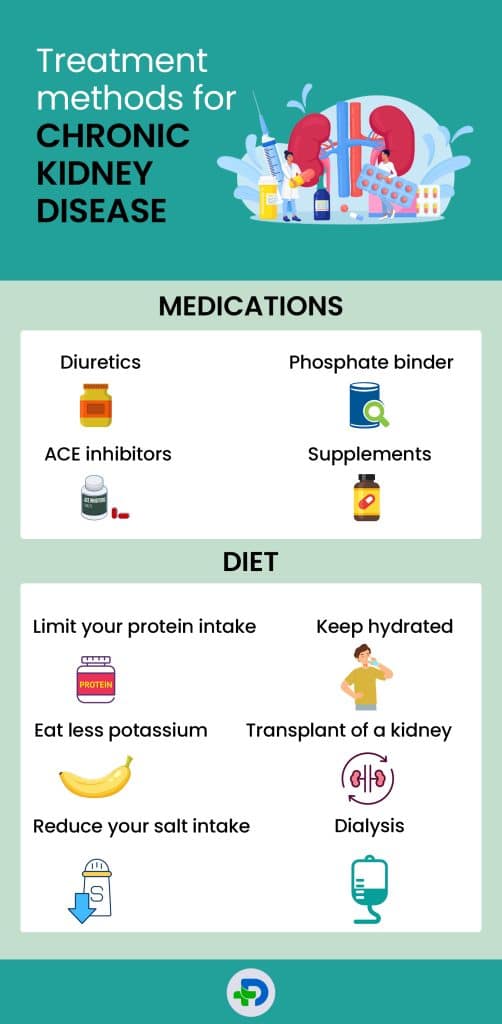
What are the treatment methods?
Medications
Diuretics
- Commonly prescribed diuretics that aid the kidneys in removing extra bodily fluid include furosemide and hydrochlorothiazide.6Treatment | Researched based study from Niddk.nih.gov
ACE inhibitors
- Angiotensin receptor blockers, such as losartan or valsartan, and ACE inhibitors, such as lisinopril, frequently decrease blood pressure and protect against future kidney injury.6Treatment | Researched based study from Niddk.nih.gov
Erythropoietin stimulating agents
- These drugs encourage the creation of red blood cells and can be used to treat anaemia, a frequent side effect.6Treatment | Researched based study from Niddk.nih.gov
Phosphate binder
- Phosphate binders, such as sevelamer, calcium acetate, and lanthanum carbonate, aid in regulating the amount of phosphate in the blood.
Supplements
- People with CKD who are anemic or have the bone disease may also receive vitamin D and iron supplements. 4treatment | Researched based study from Nlm.nih.gov
Diet
Limit your protein intake.
- Consuming too much protein can damage the kidneys, so it’s crucial to keep your intake under control.
Reduce your salt intake.
- Minimizing sodium intake is crucial because it can increase blood pressure and cause fluid retention. Less than 2300 mg daily is the minimum amount that persons with CKD should consume daily.
Limit phosphorus intake
- High blood phosphorus levels can be dangerous. Dairy goods, meat, and nuts are foods high in phosphorus.6Treatment | Researched based study from Niddk.nih.gov
Eat less potassium.
- Bananas, oranges, and potatoes are a few foods high in potassium.6Treatment | Researched based study from Niddk.nih.gov
Increase fruit and vegetable consumption.
- Fruits and vegetables are healthy because they are low in potassium, salt, phosphorus, and protein.
Keep hydrated.
- Kidney health depends on enough water consumption, but fluid intake and output must be balanced.
Limit your alcohol consumption.
- It’s crucial to restrict alcohol consumption since excessive alcohol use can harm the kidneys.
Fluid control
- Limiting fluid intake may help some kidney disease sufferers lessen the strain on their organs. 6Treatment | Researched based study from Niddk.nih.gov
Dialysis
- When the kidneys cannot filter the blood of waste and extra fluids, dialysis is a medical procedure that does just that. Hemodialysis and peritoneal dialysis are the two forms of dialysis.6Treatment | Researched based study from Niddk.nih.gov
Transplant of a kidney
- Some individuals with end-stage renal disease may be candidates for a kidney transplant. 4Treatment | Researched based study from Nlm.nih.gov
Complications
What are the complications?
High blood pressure
- A critical factor in controlling blood pressure is the kidneys. CKD can bring on high blood pressure.
Anemia
- Erythropoietin, a hormone made by the kidneys, promotes the synthesis of red blood cells. Anemia develops as CKD worsens because the kidneys produce less erythropoietin. 5Complications | Researched based study from Nlm.nih.gov
Bone disease
- The kidneys support the body’s mineral balance, particularly that of calcium and phosphorus. Bone diseases, such as osteoporosis, fractures, and bone discomfort, can result from dysfunction. 5Complications | Researched based study from Nlm.nih.gov
A cardiovascular disease
- It can rise both the heart disease and stroke risk
Fluid accumulation
- A buildup of fluid in the legs, feet, ankles, and lungs can result from the kidneys failing to eliminate extra bodily fluid. 5Complications | Researched based study from Nlm.nih.gov
Malnutrition
- CKD can result from weight loss and decreased appetite, which contribute to malnutrition. The kidneys also eliminate waste products from the body, such as those created when protein is broken down. 5Complications | Researched based study from Nlm.nih.gov
Prevention
Preventive factors
Manage your blood pressure.
- In addition to taking drugs, this may entail making lifestyle adjustments such as eating a balanced diet, exercising frequently, and lowering stress.6Prevention | Researched based study from Niddk.nih.gov
Control of blood sugar
- Diabetes is another crucial factor that contributes to CKD. Thus, it’s critical to control your blood sugar levels properly.6Prevention | Researched based study from Niddk.nih.gov
Maintain a healthy weight.
- Obesity or being overweight can raise your risk.
Stop smoking.
- Smoking can harm your kidneys’ blood arteries, resulting in CKD.
Stay hydrated.
- Your kidneys can remain healthy and operate as they should if you consume enough water. Drink at least eight glasses of water daily or more if you are working out or sweating a lot. 6Prevention | Researched based study from Niddk.nih.gov
Any feedback on this article?
 This Articles content was accurate
This Articles content was accurate Very Informative Article
Very Informative Article I have a question or a comment
I have a question or a comment
 This article contains inaccurate content
This article contains inaccurate content This article was not helpful
This article was not helpful I have a question or a comment
I have a question or a comment
We appreciate your helpful feedback!
Checkout our social pages
References
-
Centers for Disease Control and Prevention
Chronic Kidney Disease Basics | Overview | Symptoms
-
National Institute of Diabetes and Digestive and Kidney Diseases
Chronic Kidney Disease | Causes
-
National Library of Medicine
Risk factors for chronic kidney disease: an update | Risk Factors
-
National Library of Medicine
Chronic Kidney Disease Diagnosis and Management
-
National Library of Medicine
Chronic Kidney Disease and Its Complications
-
National Institute of Diabetes and Digestive and Kidney Diseases
Chronic Kidney Disease | Prevention












